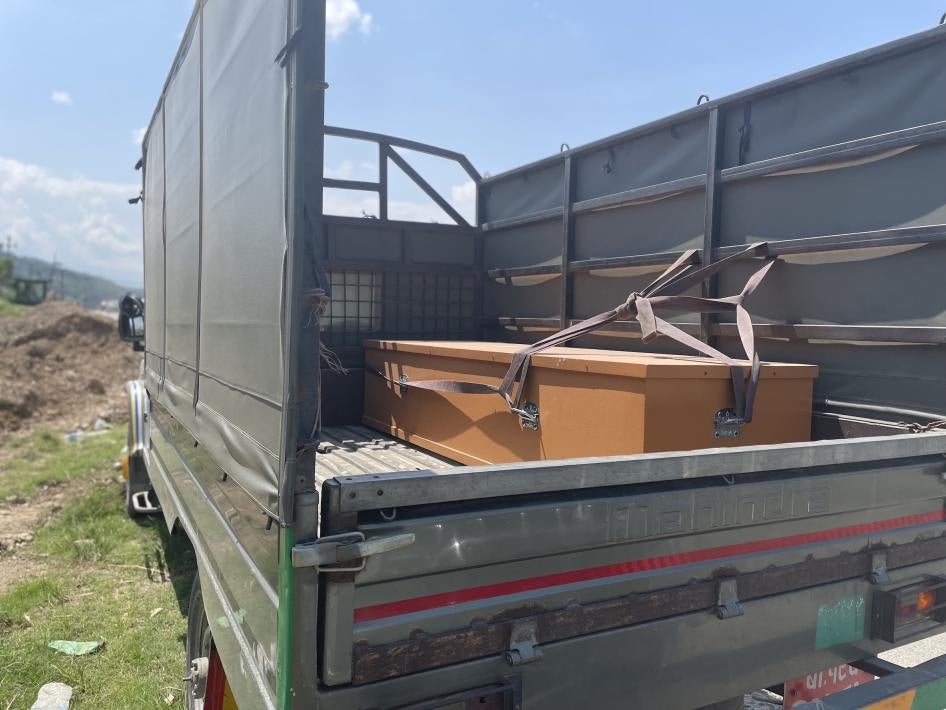Hassan al-Thawadi, secretary general of Qatar’s Supreme Committee for Delivery and Legacy, admitted in a TV interview this week that there have been “between 400 and 500” migrant worker deaths in response to a question about deaths “in the last 12 years from any construction related … to the World Cup.” It was a striking admission from a Qatari official.
Authorities have long contended there were only “three work-related deaths and 37 non-work-related deaths” on stadiums, which al-Thawadi reiterated earlier in the same interview. This acknowledgment inadvertently admits the obvious, that workers involved in the preparation of the World Cup infrastructure include not just those who built stadiums and form less than two percent of the migrant workforce in Qatar but also workers who built hotels, metro, airport, and other infrastructure related to the 2022 FIFA World Cup.
There is clear evidence of thousands of migrant worker deaths in the lead-up to the World Cup. Authorities failed to conduct meaningful investigations into a large percentage of them, classifying many as unexplained or due to “natural causes.” Indeed, al-Thawadi’s comment that a precise death figure is “something that is being discussed” unintentionally admits what critics have claimed: that Qatari authorities actually maintain large amount of data on worker deaths and other abuses but don’t want to publicly reveal these figures due to the outrage they would likely create. Qatar’s own statistics show that 15,021 non-nationals died between 2010 and 2019, but without a breakdown of ages, occupations, and causes.
Al-Thawadi’s statement that “one death is too many” also rings hollow. Qatari authorities have rejected a widely supported compensation fund for families of deceased workers whose deaths are classified as “natural causes” without proper investigation. Many families are currently ineligible to request compensation from employers which they can only do if it is classified as work-related deaths. Research has shown that FIFA and Qatar have failed to sufficiently protect workers from extreme heat, and this failure has greatly increased risks to migrant worker’s safety.
One death is indeed too many, but there are thousands of migrant worker deaths that remain unexplained, uninvestigated, and uncompensated. Some families aren’t even officially notified when their loved ones have died or offered condolences. The only way FIFA and Qatar can partially address this legacy of death and shame is to compensate families of deceased workers and workers who faced serious abuses.











